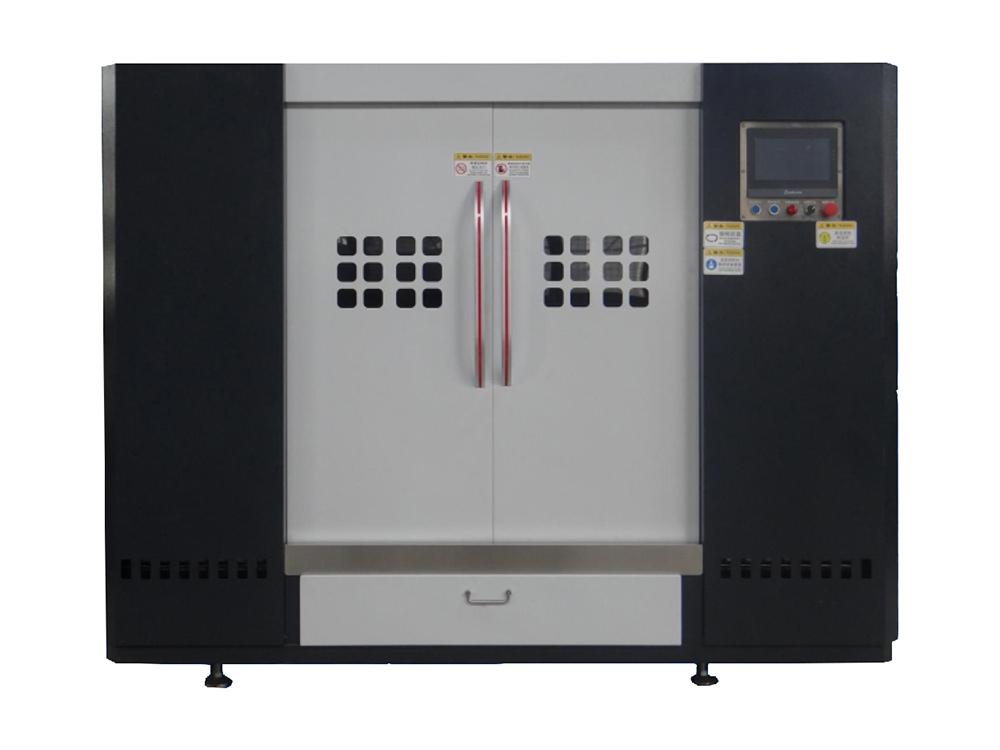
# Surface Treatment Equipment: Enhancing Performance and Durability
## Introduction to Surface Treatment Equipment
Surface treatment equipment plays a crucial role in various industries by improving the performance, durability, and appearance of materials. These specialized machines and tools are designed to modify the surface properties of metals, plastics, and other materials without altering their bulk characteristics.
## Types of Surface Treatment Equipment
### 1. Cleaning Equipment
Surface preparation begins with thorough cleaning. Common cleaning equipment includes:
- Ultrasonic cleaners
- Vapor degreasers
- Sandblasting machines
- Chemical cleaning baths
### 2. Coating Equipment
Coating equipment applies protective or decorative layers to surfaces:
- Electroplating systems
- Powder coating booths
- PVD/CVD coating machines
- Spray painting systems
### 3. Heat Treatment Equipment
These machines alter material properties through controlled heating and cooling:
- Induction hardening machines
- Annealing furnaces
- Nitriding systems
- Tempering ovens
## Benefits of Surface Treatment
Proper surface treatment offers numerous advantages:
- Enhanced corrosion resistance
- Improved wear resistance
- Better adhesion for subsequent coatings
- Increased surface hardness
- Improved aesthetic appearance
- Extended component lifespan
Keyword: Surface treatment equipment
## Applications Across Industries
Automotive Industry
Surface treatment equipment is essential for producing durable automotive components that withstand harsh environmental conditions.
Aerospace Sector
The aerospace industry relies on advanced surface treatments to ensure safety and performance of critical components.
Medical Devices
Medical implants and instruments require specialized surface treatments for biocompatibility and sterilization.
Consumer Electronics
Surface treatments provide both functional and aesthetic benefits to electronic devices and components.
## Choosing the Right Equipment
When selecting surface treatment equipment, consider:
- Material compatibility
- Production volume requirements
- Environmental regulations
- Energy efficiency
- Maintenance requirements
- Operator safety features
## Future Trends in Surface Treatment
The surface treatment industry continues to evolve with:
- Environmentally friendly processes
- Nanotechnology applications
- Automated and robotic systems
- Smart monitoring and control systems
- Advanced composite materials
## Conclusion
Surface treatment equipment is indispensable for modern manufacturing, offering solutions to enhance material performance across countless applications. As technology advances, these systems will become even more precise, efficient, and environmentally sustainable, continuing to push the boundaries of material science and engineering.